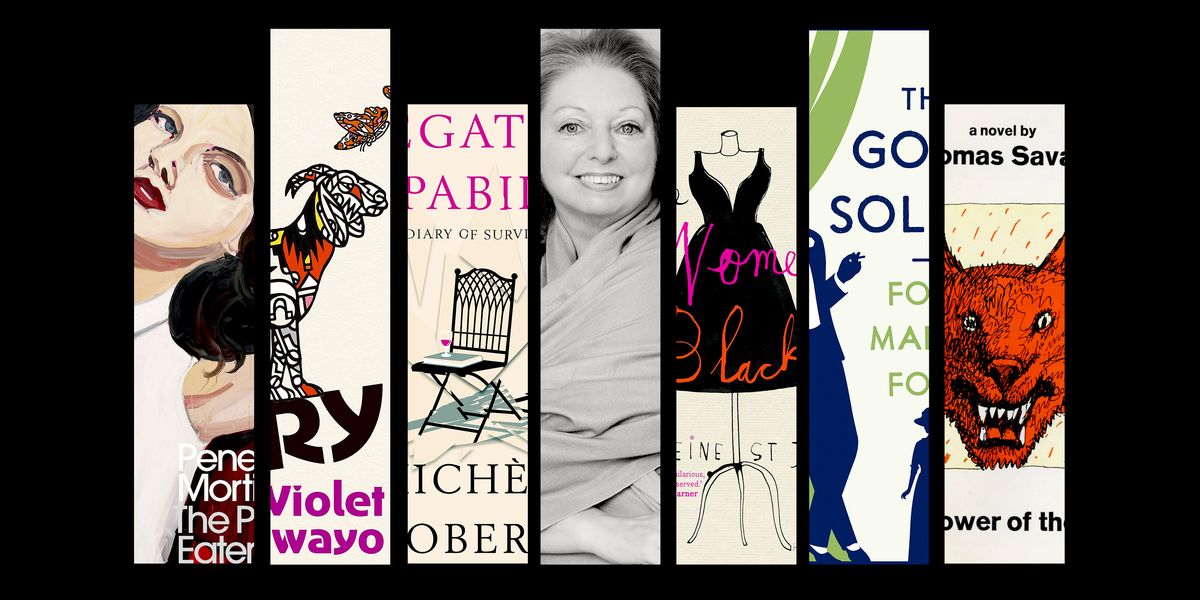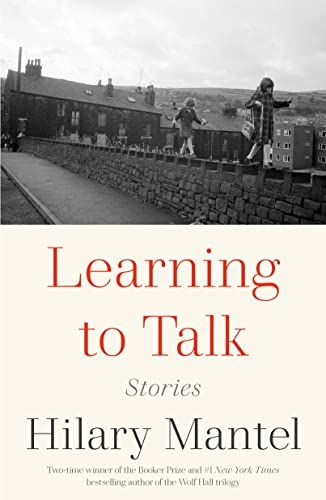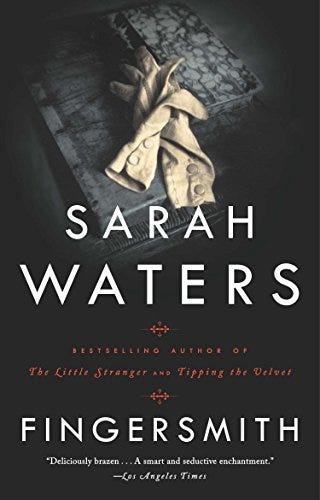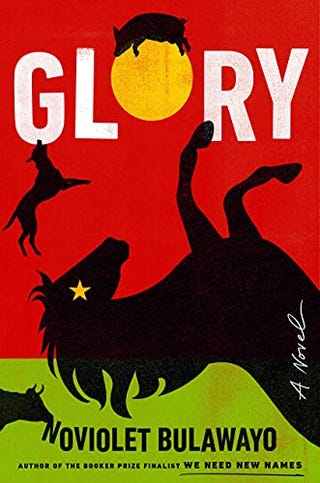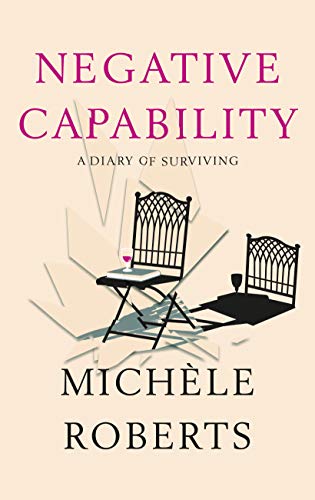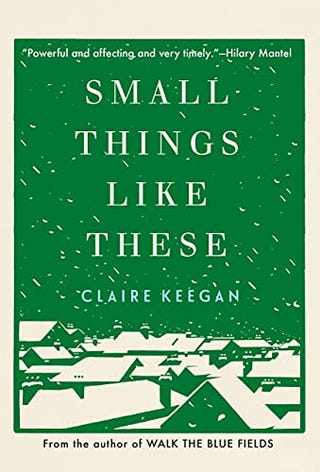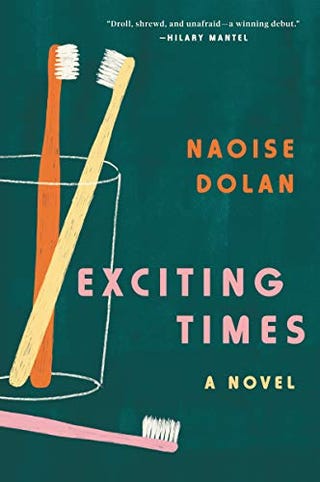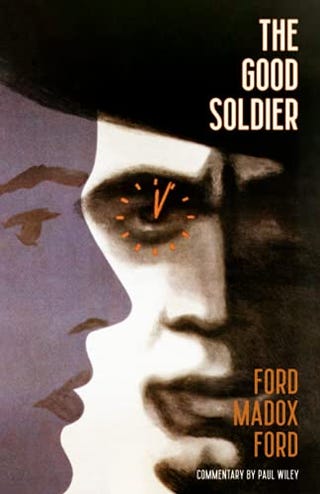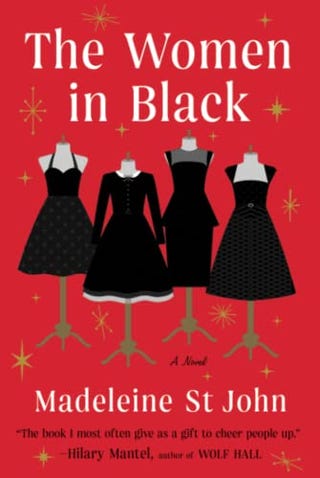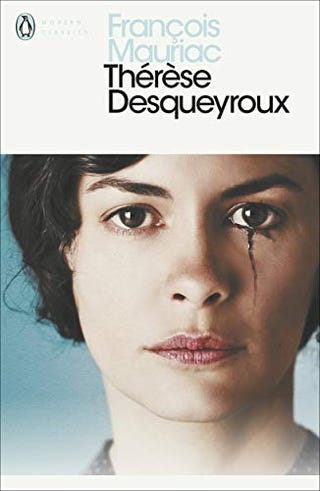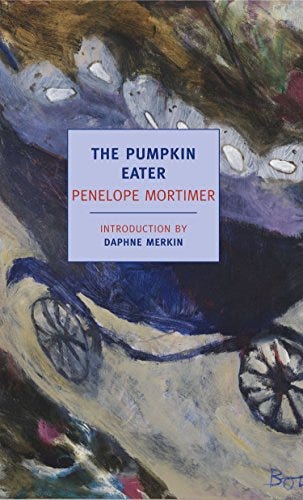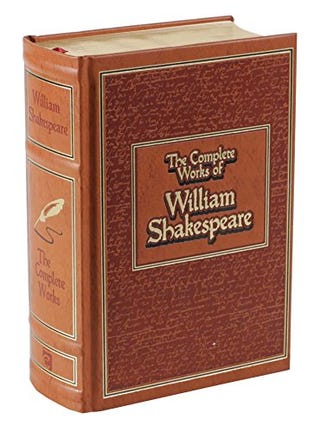PORTRAIT BY Els Zweerink / ILLUSTRATION BY YOUSRA ATTIA
Welcome to Shelf Life, ELLE.com’s books column, in which authors share their most memorable reads. Whether you’re on the hunt for a book to console you, move you profoundly, or make you laugh, consider a recommendation from the writers in our series, who, like you (since you’re here), love books. Perhaps one of their favorite titles will become one of yours, too.
Before she made Tudor history required reading with the Wolf Hall trilogy, Dame Hilary Mantel published her first short story collection, Learning to Talk (Henry Holt), which is being published in the U.S. for the first time. It is one of 16 books, the most famous being the Thomas Cromwell series Wolf Hall (2009), Bring Up the Bodies (2012), and the NYT instant bestseller The Mirror & The Light, which sold every 2.7 seconds in its first week of release in 2020. The first two novels—both Man Booker Prize winners—were staged by the Royal Shakespeare Company and aired by the BBC, which won a Golden Globe, two BAFTAs, and a Peabody Award. The stage version of the third book, which Mantel adapted with actor Ben Miles (Cromwell) opened in fall 2021; the screen version isn’t scheduled to air before 2023.
The England-born Mantel lives by the sea in Devon (with plans to move to Ireland with her retired geologist husband); once worked at a geriatric hospital and department store; studied law at the London School of Economics and Sheffield University; chronicled her health problems in her 2003 memoir Giving Up the Ghost (in which she correctly diagnoses herself with endometriosis); and taught in Botswana and lived in Saudi Arabia, which inspired her 1988 novel, Eight Months on Ghazzah Street.
Fan of: Cricket; Selling Sunset and The Crown, Meghan Markle, and St Jerome in His Study, by early Renaissance painter Antonello da Messina.
Her next work, The Wolf Hall Picture Book (HarperCollins) in collaboration with Ben Miles and George Miles, will be out in September.
The book that…
…kept me up way too late:
Sarah Waters’s enthralling 19th-century mystery Fingersmith.
…currently sits on my nightstand:
Glory, the second novel by the Zimbabwe-born NoViolet Bulawayo—who has already won an armful of awards including the Caine Prize for African Writing.
…I last bought:
The Power of the Dog by Thomas Savage—hoping to like it as much as Jane Campion’s movie.
…I read in one sitting:
A writer’s deep fear is that she loses her magic. Michèle Roberts was a prize-winning author, suddenly rejected by her publisher. I devoured her memoir Negative Capability, because I so much wanted her to revise and rewrite her life, with a happier outcome. As, in the end, she did.
…I recommend over and over again:
Fiction by young Irish writer Claire Keegan, whose latest book is Small Things Like These.
…made me laugh out loud:
Naoise Dolan’s novel Exciting Times: spiky, scathing wit that takes the reader by surprise.
…has the best opening line:
Ford Madox Ford, The Good Soldier:
“This is the saddest story I have ever heard.” It is both a challenge to the reader and a lure.
…has the greatest ending:
Madeleine St John’s novel The Women in Black has something rare—a happy ending that’s totally earned. It’s stayed with me for years.
…I’ve re-read the most:
I read Therese Desqueyroux, by François Mauriac, when I was a teenager, and then three times again over the last year. Set in France in the 1920s, it is a short, strange, strongly atmospheric novel about a woman who poisons her husband. I’ve never met real people who are anything like its characters, but the novel has a mysterious grip on my imagination.
…surprised me:
Penelope Mortimer’s The Pumpkin Eater: a feminist novel so spare and sharp, so dark, so bitterly funny and recognizable, that it’s hard to believe it was published in 1962.
…I’d want signed by the author:
How about The Complete Works of William Shakespeare?
…I asked for one Christmas as a kid:
Jane Eyre. My mother said, “You won’t understand it.” That acted as an incentive.
Bonus question: If I could live in any library or bookstore in the world, it would be:
I’d just stay at home. My shelves are filled with books whispering to be read or re-read.
This content is created and maintained by a third party, and imported onto this page to help users provide their email addresses. You may be able to find more information about this and similar content at piano.io

